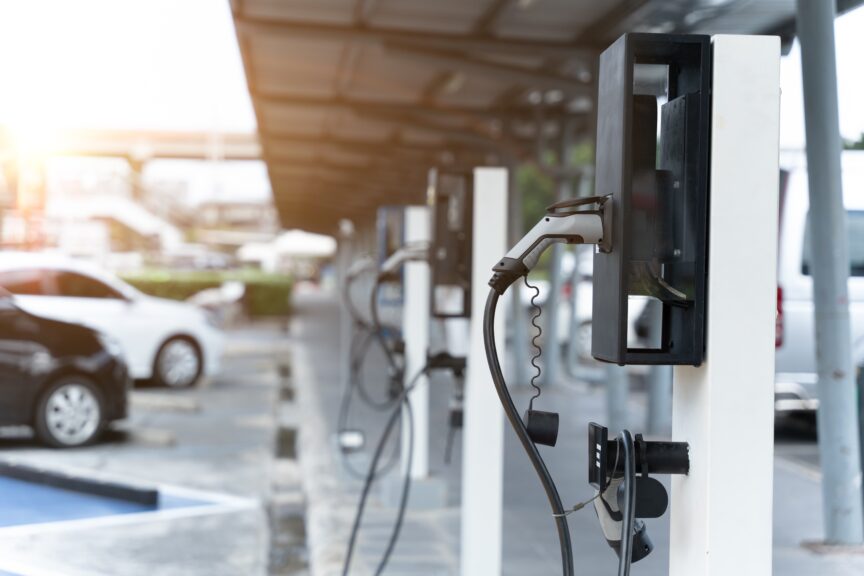Most public charging installations in the early phases of the zero-emission vehicle (ZEV) transition have received public support, but governments are increasingly seeking to leverage a greater share of private sector investments as the market develops and the demand for public charging grows. Whether or not a public charging project has a positive business case, and can therefore be constructed without public funding, is challenging to assess and depends on many factors. This is even more true regarding charging stations for medium- and heavy-duty vehicles, for which the market is especially nascent. On behalf of the ZEV Alliance, Cenex and ICF conducted an in-depth research project to better understand the business case of public charging, consisting of two parts.
This comprehensive report reviewed and evaluated leading international approaches and policies that foster private sector involvement and maximize the benefits public funds can provide to public infrastructure deployment. Four markets — Canada, China, India, and the Netherlands — were selected to further survey charging infrastructure expenditure, revenue, and market sensitivity. In addition to evaluating the policies and market conditions currently in place in these four countries, the report presents analysis using the CIBCAT tool on the costs, revenue, and payback period of public high-power charging in each market. The report found that a positive charging business case is most plausible in markets with higher EV maturity such as the Netherlands, China, and Canada, and is still feasible for India, especially with assistance from public funding and supportive regulatory environment.
